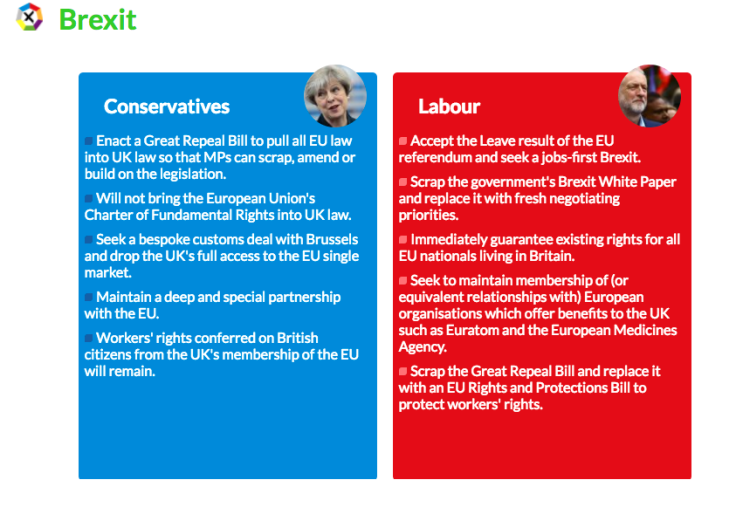Brexit migration crackdown may thwart crime gangs says National Crime Agency
Restrictions on EU nationals coming to the UK could help police forces and 'hamper' criminals.
The UK's split from the EU could help police by "hampering" organised crime gangs as tougher immigration rules are put into force, the National Crime Agency (NCA) said on Thursday 29 June.
The organisation, which replaced the Serious Organised Crime Agency in 2013, made the claim in its 2017 National Strategic Assessment of serious and organised crime in the UK.
"Criminals are not constrained by geographical or jurisdictional boundaries and are inherently opportunistic," the report said.
"We expect that many will strive to take advantage of the opportunities that Brexit might present. However, some of the impacts of Brexit could work in favour of law enforcement.
"For example, post-Brexit restrictions on the freedom of movement from EU countries to the UK may hamper the ability of crime groups to use false and fraudulently-obtained documents to facilitate entry and leave to remain in the UK."
The comments come as the British government continues the two-year-long divorce talks with the EU. Prime Minister Theresa May has promised to end free movement of EU nationals to the UK in a bid reduce net migration, currently at more than 248,000, to "tens of thousands".
The Conservative premier plans to split from the EU's single-market to achieve the election manifesto pledge. Jeremy Corbyn's Labour Party have also conceded that EU free movement will have to end for the UK after Brexit.
The NCA, the UK's equivalent to the FBI, also warned that there are more than 5,800 organised crime groups, made up of over 39,000 individuals, operating in Britain. UK nationals made up more than 60% of those individuals, while Romanians made up 1.5%, Pakistanis 1.2%, Polish 0.9%, Albanians 0.8% and Nigerians 0.8%.
"The NCA has a pivotal role in leading the UK's fight to cut serious and organised crime; this assessment provides us and our policing and law enforcement partners with a sound understanding of the threats we face," said Matthew Horne, the deputy director-general of the NCA.
"What is striking from this year's assessment are the themes running through the crime types. Organised criminal networks are using online methods to defraud and extort, but also facilitate the abuse of children and advertise the victims of human trafficking and modern slavery.
"Similarly, the threat from corruption encompasses a huge range of sectors and professional enablers, from bank insiders and accountants involved in high end money laundering, through to port workers and delivery drivers facilitating drug trafficking.
"Criminal networks themselves are diversifying and it is not uncommon to find the same groups involved in trafficking people or illicit commodities, using the same methods or infrastructure."

© Copyright IBTimes 2024. All rights reserved.






